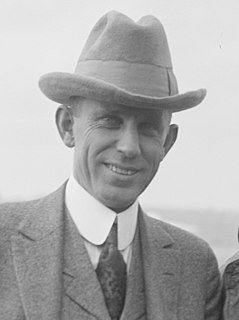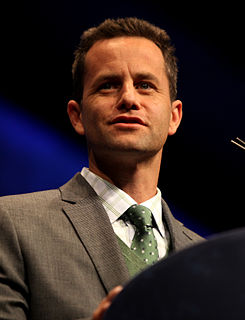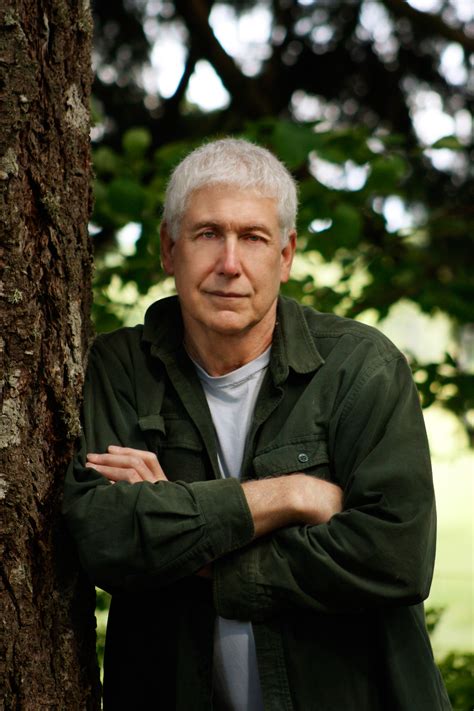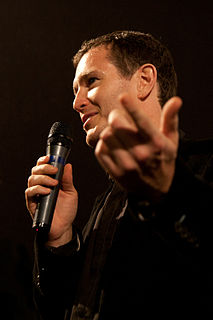A Quote by Jordan Peterson
I do believe that there are places where the mythological and the literal touch.
Related Quotes
Whenever you find a preacher who takes the Bible allegorically and figuratively...that preacher is preaching an allegorical gospel which is no gospel. I thank God for a literal Christ, for a literal salvation. There is literal sorrow, literal death, literal Hell, and, thank God, there is a literal Heaven.
The world I grew up in had both a literal and mythological quality. We were on the borders of several worlds - the larger black world bordered us on one side. More distantly, there was the larger white world. We interacted with some, but not others. If you think of it as an internal geography, it is a land, a contested space with these very charged historical, cultural, and emotional borders.
We don't tend to ask where a lake comes from. It lies before us, contained and complete, tantalizing in its depth but not its origin. A river is a different kind of mystery, a mystery of distance and becoming, a mystery of source. Touch its fluent body and you touch far places. You touch a story that must end somewhere but cannot stop telling itself, a story that is always just beginning.






































